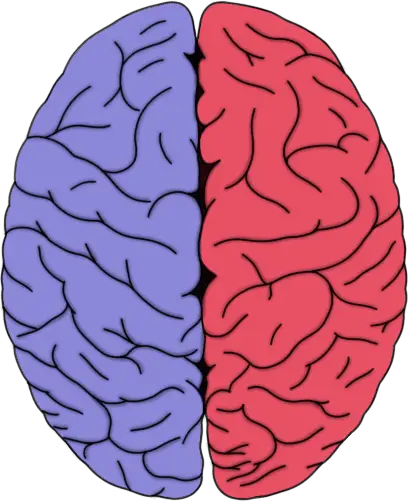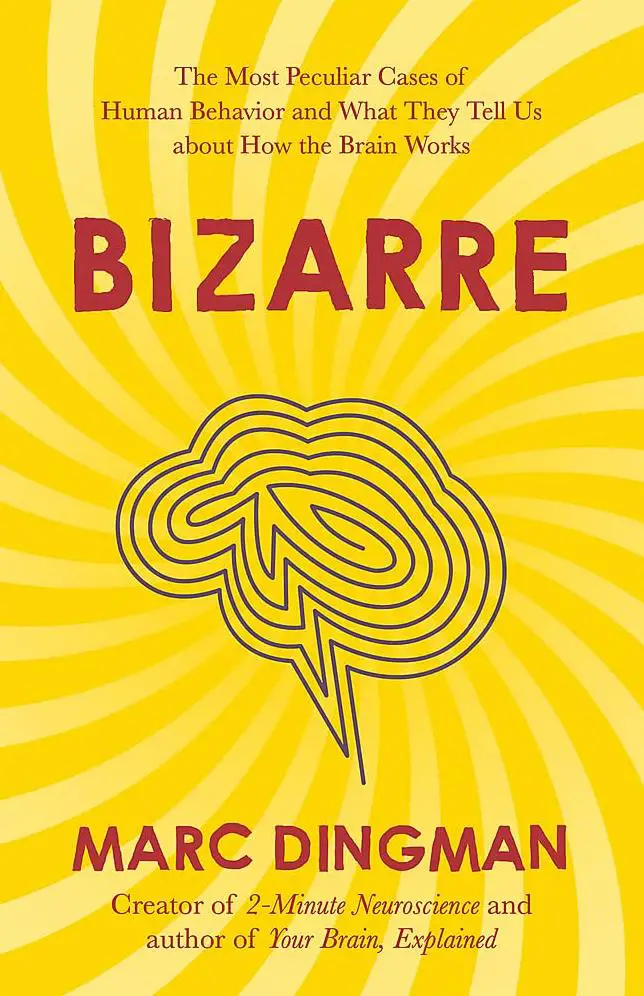Is depression an infectious disease?
Over the past several decades we have seen the advent of a number of new pharmaceutical drugs to treat depression, but major depressive disorder remains one of the most common mood disorders in the United States; over 15% of the population will suffer from depression at some point in their lives. Despite extensive research into the etiology and treatment of depression, we haven't seen a mitigation of the impact it has on our society. In fact, there have even been a lot of questions raised about the general effectiveness of the medications we most frequently prescribe to treat the disorder.
This perceived lack of progress in reducing the burden of depression and the accompanying doubts about the adequacy of our current treatments for it have led some to rethink our approach to understanding the condition. One hypothesis that has emerged from this attempted paradigmatic restructuring suggests that depression is more than just a mood disorder; it may also be a type of infectious disease. According to this perspective, depression may be caused by an infectious pathogen (e.g. virus, bacterium, etc.) that invades the human brain. Although it may sound far-fetched that a microorganism could be responsible for so drastically influencing behavior, it's not without precedent in nature.
Microorganisms and brain function
Perhaps the best-known example of an infectious microorganism influencing brain activity is the effect the parasite Toxoplasma gondii can have on rodent behavior. A protozoan parasite, T. gondii lives and reproduces in the intestines of cats, and infected cats shed T. gondii embryos in their feces. T. gondii thrives in the feline intestinal tract, making that its desired environment. So, after being forced out of their comfy intestinal home, T. gondii embryos utilize what is known as an intermediate host to get back to into their ideal living environment.
Enter rodents, the intermediate hosts, which have a habit of digging through dog and cat feces to find pieces of undigested food to eat. When rodents ingest feces infected with T. gondii, they themselves become infected with the parasite. Through a mechanism that is still not well understood, T. gondii is then thought to be able to manipulate the neurobiology of rodents to reduce their inherent fear of cats and their associated aversion to the smell of cat urine. While most rodents have an innate fear of cat urine, T. gondii-infected rodents seem to be more nonchalant about the odor. This hypothetically makes them less likely to avoid the places their natural predators frequent, and more likely to end up as a feline snack--a snack that puts T. gondii right back into the feline intestinal tract.
This is only one example of microorganisms influencing brain function; there are many others throughout nature. Because some microorganisms appear to be capable of manipulating mammalian nervous systems for their own purposes, it's conceivable that they could do the same to humans. Indeed, studies in humans have found links between depression and infection with several different pathogens.
One example is a virus known as Borna disease virus (BDV). BDV was initially thought to only infect non-human animals, but has more recently been found to infect humans as well. In other animals, BDV can affect the brain, leading to behavioral and cognitive abnormalities along with complications like meningitis and encephalomyelitis. It is unclear whether BDV infection in humans results in clinically-apparent disease, but some contend that it may manifest as psychiatric problems like depression. A meta-analysis of 15 studies of BDV and depression found that people who are depressed are 3.25 times more likely to also to be infected by BDV. Although the relationship is still unclear and more research is needed, this may represent a possible link between infectious microorganisms and depression.
Other infectious agents, such as herpes simplex virus-1 (responsible for cold sores), varicella zoster virus (chickenpox), and Epstein-Barr virus have been found in multiple studies to be more common in depressed patients. There have even been links detected between T. gondii infection and depressed behavior in humans. For example, one study found depressed patients with a history of suicide attempts to have significantly higher levels of antibodies to T. gondii than patients without such a history.
Additionally, a number of studies have found indications of an inflammatory response in the brains of depressed patients. The inflammatory response represents the efforts of the immune system to eliminate an invading pathogen. Thus, markers of inflammation in the brains of depressed patients may indicate the immune system was responding to an infectious microorganism while the patient was also suffering from depressive symptoms--providing at least a correlative link between infection and depression.
Interestingly, a prolonged inflammatory response can promote "sickness behavior," which involves the display of traditional signs of illness like fatigue, loss of appetite, and difficulty concentrating--which are symptoms of depression as well. It is also believed that a prolonged inflammatory response can lead to sickness behavior that then progresses to depression, even in patients with no history of the disorder. Thus, inflammation could serve as indication of an invasion by an infectious pathogen that is capable of bringing about the onset of depression, or it might represent the cause of depression itself.
At this point, these associations between depression and infection are still hypothetical, and we don't know if there is a causal link between any pathogenic infection and depression. If there were, however, imagine how drastically treatment for depression could change. For, if we were able to identify infections that could lead to depression, then we might be able to assess risk and diagnose depression more objectively through methods like measuring antibody levels; we could treat depression the same way we treat infectious diseases: with vaccines, antibiotics, etc. Thus, this hypothesis seems worth investigating not only for its plausibility but also for the number of new viable treatment options that would be available if it were correct.
Canli, T. (2014). Reconceptualizing major depressive disorder as an infectious disease Biology of Mood & Anxiety Disorders, 4 (1) DOI: 10.1186/2045-5380-4-10If you enjoyed this article, try this one next: Serotonin, depression, neurogenesis, and the beauty of science


